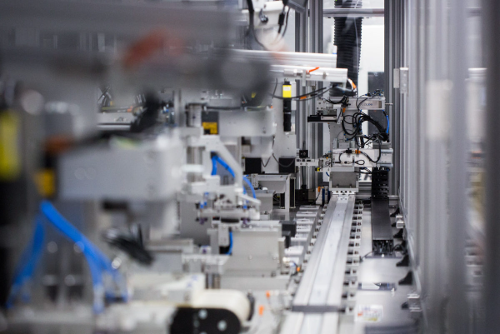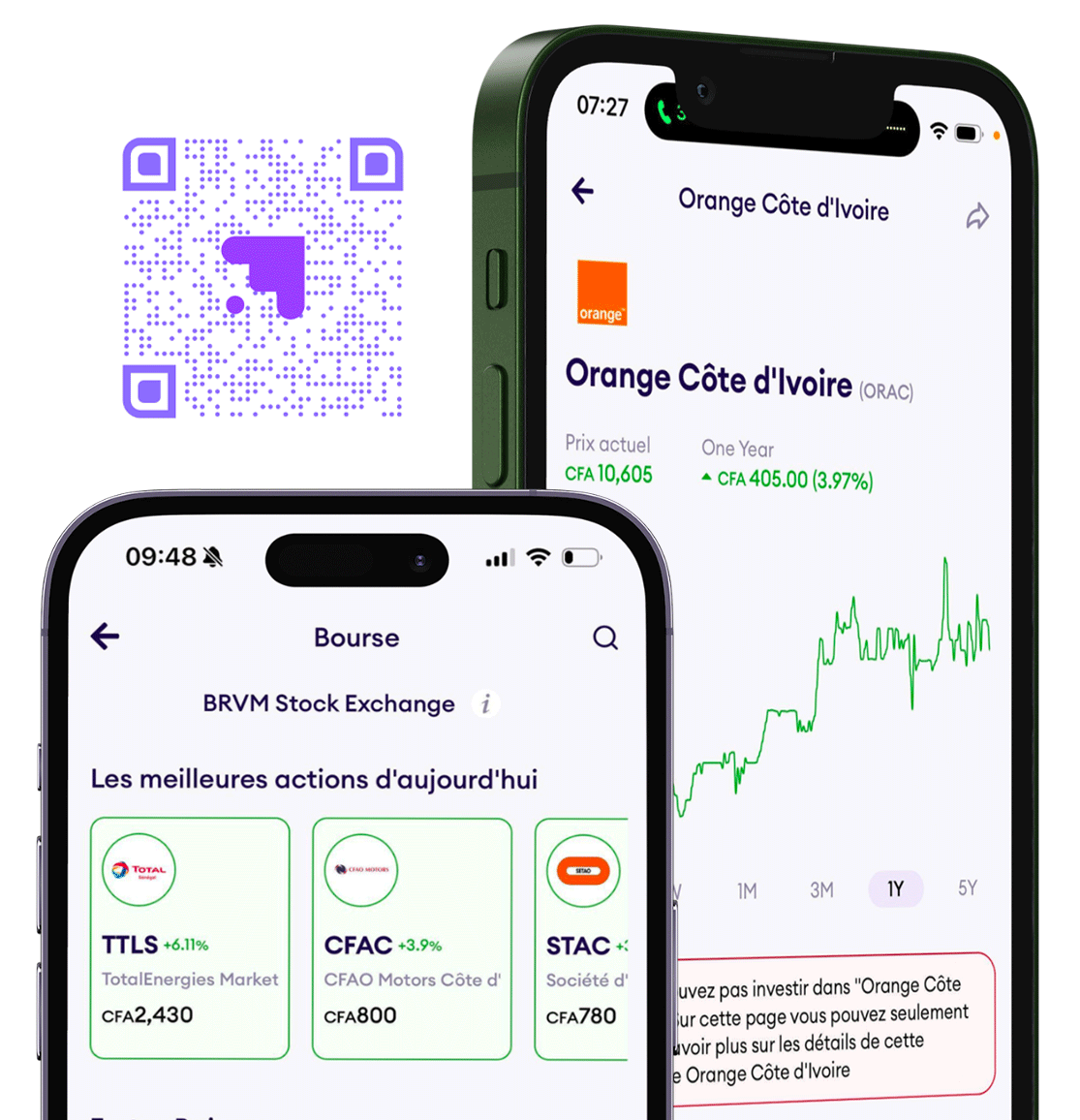DRC poised to become major producer of lithium-ion battery

The Democratic Republic of the Congo (DRC) holds a remarkable 51% of the world's cobalt reserves and possesses substantial hydroelectric power potential. This unique positioning places the country in an ideal position to emerge as a low-cost and low-emissions producer of lithium-ion battery precursor materials and cells, according to a report by the African Development Bank (AfDB).
Additionally, both the DRC and Zambia stand as Africa's leading copper producers, a vital component in wiring and motors. A study commissioned by BloombergNEF investigated the feasibility of establishing Special Economic Zones for manufacturing battery precursors in the DRC and Zambia. The study affirmed the technical feasibility and financial viability of the project, estimating a total cost of $2.7 billion.
The findings reveal that a precursor facility in the DRC would be three times cheaper than it would cost for a similar plant in the USA, thanks to cost competitiveness and proximity to raw materials. Battery precursors are essential components used in the production of lithium-ion batteries, underscoring the potential for the DRC to play a pivotal role in the global battery and electric vehicle industry.
Points clés à retenir
Lithium-ion batteries have firmly established their dominance in the electric vehicle (EV) market, constituting approximately 49% of the global rechargeable battery market. The key minerals required for their production, such as cobalt, lithium, manganese, nickel, and graphite, can be found in abundance in countries like the Democratic Republic of Congo, Zambia, South Africa, Madagascar, Mozambique, Tanzania, and Gabon, among others. Developing electric-vehicle value chains in these mineral-rich nations, particularly in the Democratic Republic of Congo and Zambia, presents a significant opportunity for investors to tap into the rapidly expanding EV market, projected to be valued at up to $57 trillion by 2050. However, realizing this potential will require substantial investment in supply chain infrastructure to transform the African continent into a global hub for battery production. This transformation necessitates the creation of an environment that can attract private-sector investment. The private sector possesses the technical expertise and logistics capabilities required to power Africa's manufacturing sector, all while ensuring high returns on investment. By fostering the growth of the electric vehicle value chain in mineral-rich African countries, we can drive economic development and secure a prominent place in the global battery production landscape.

Nouvelle Frontière
Restez informé des principales actualités et événements sur les marchés africains. Livré chaque semaine.
Pulse54
Une plongée approfondie dans ce qui est ancien et nouveau dans le paysage de l’investissement en Afrique. Livré deux fois par mois.
Événements
Inscrivez-vous pour rester informé de nos webinaires réguliers, des lancements de produits et des expositions.




